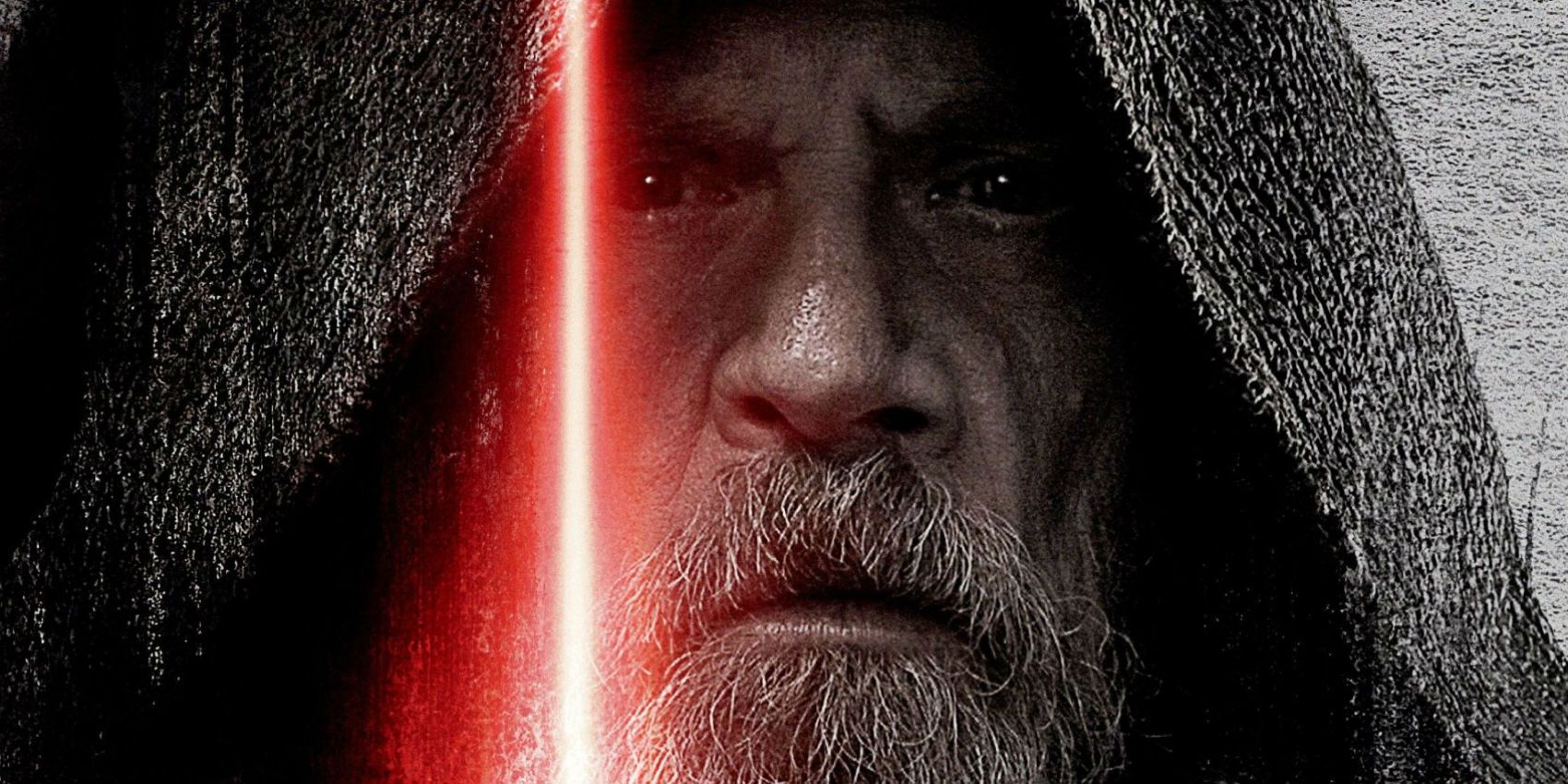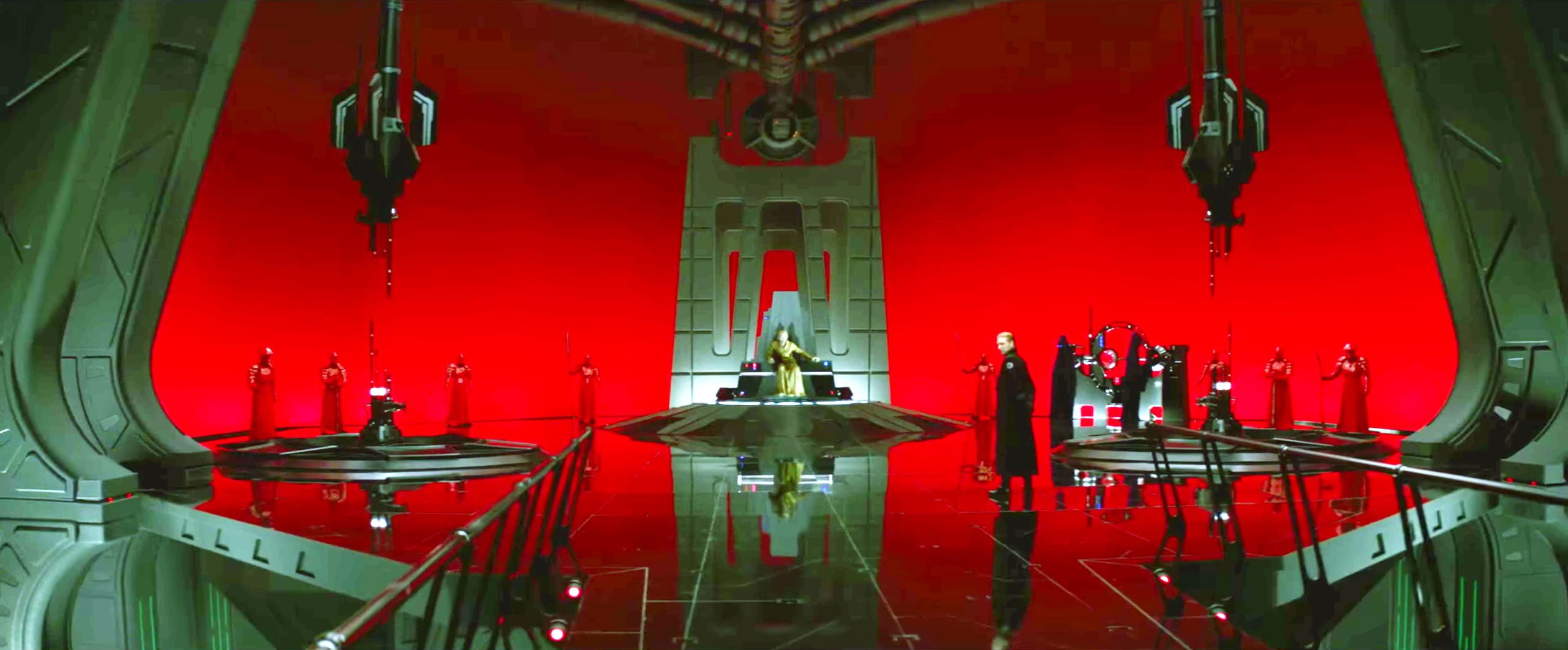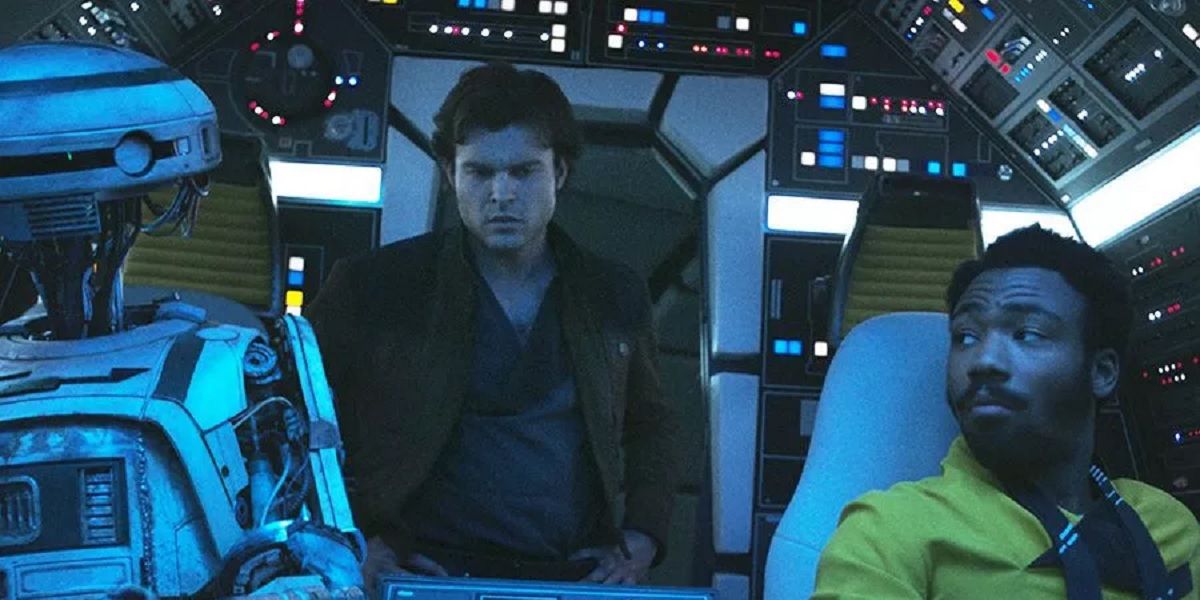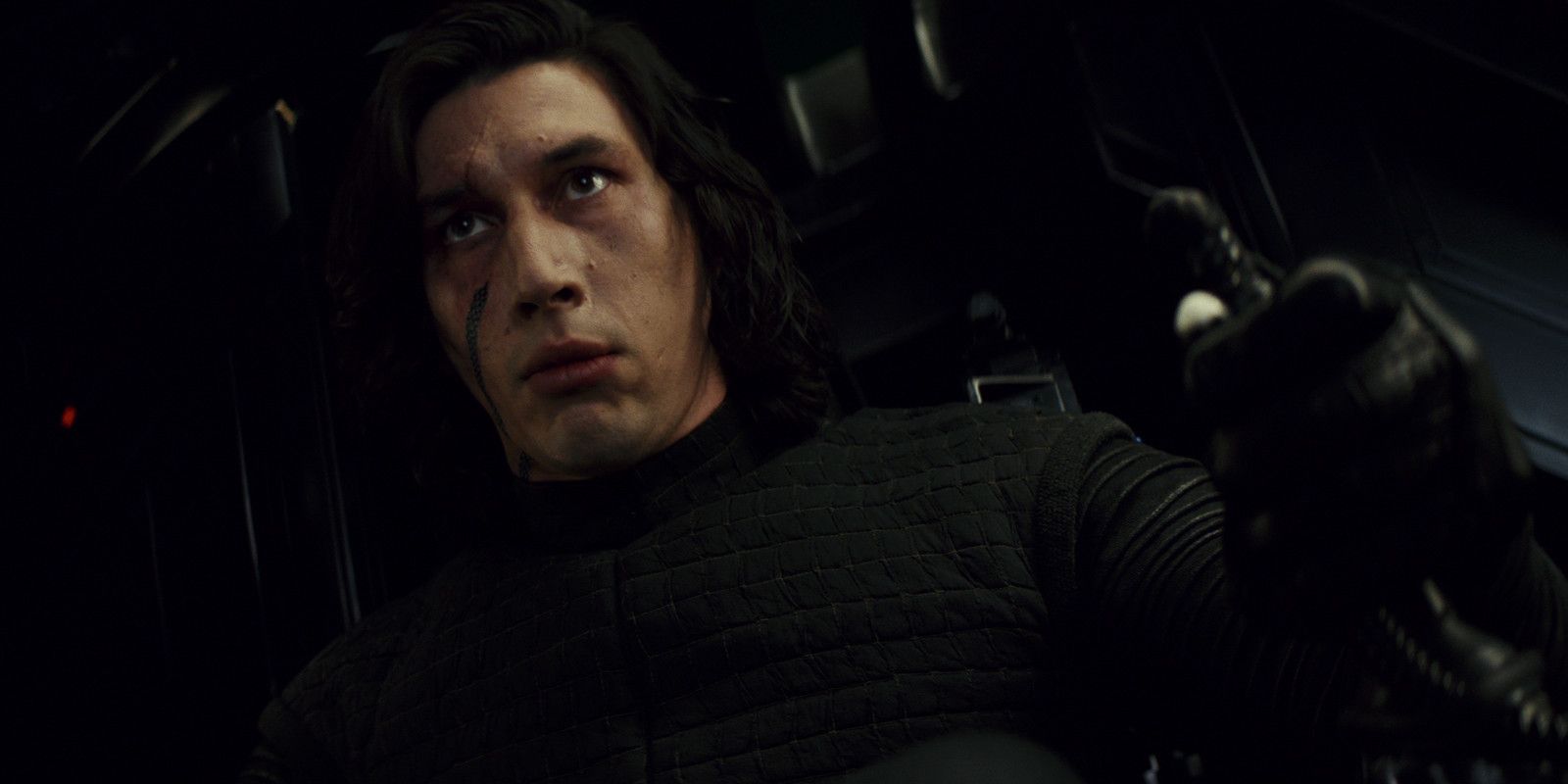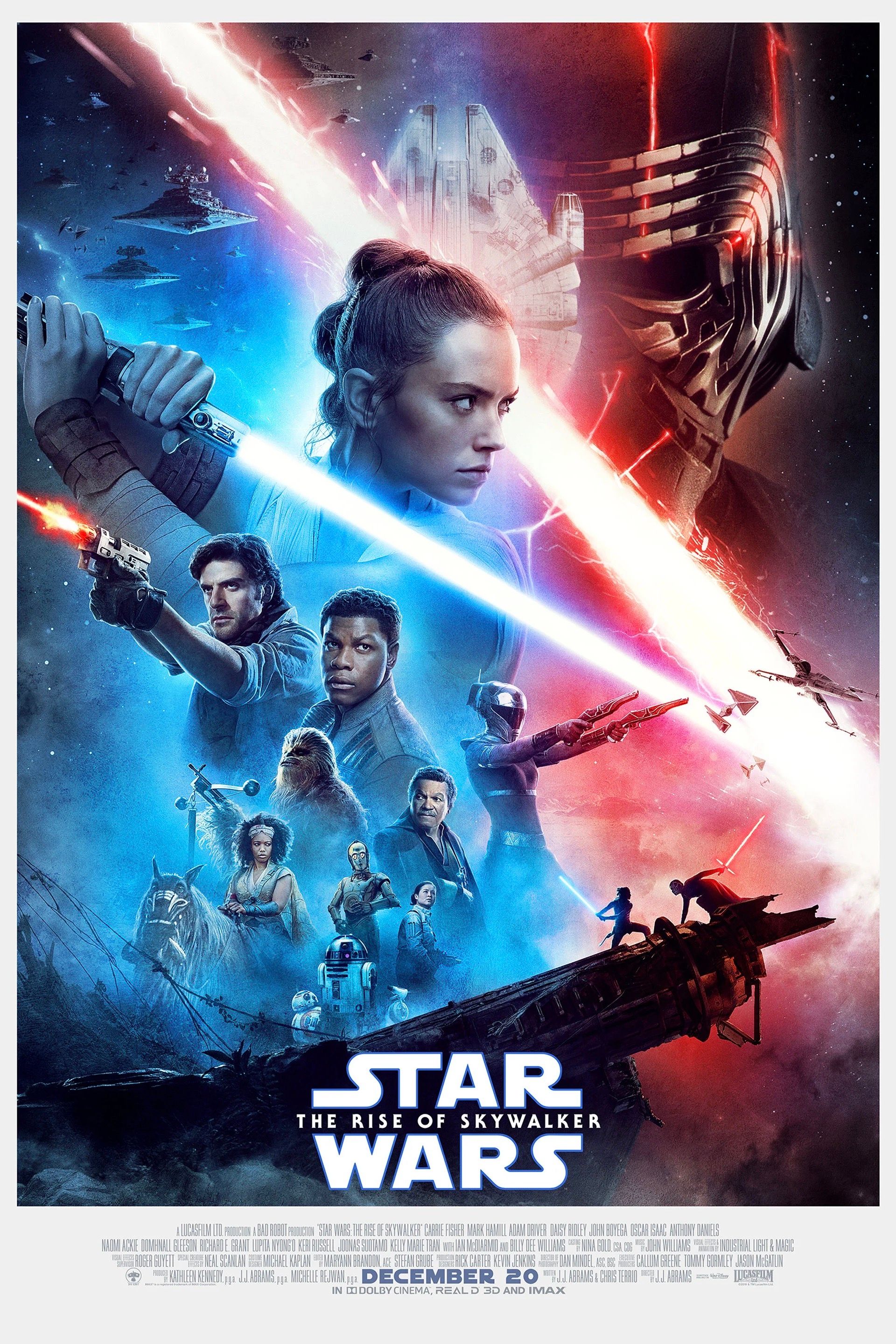Between Solo under-performing and The Last Jedi sparking fan outrage, it’s good that the Star Wars franchise is now more divisive than ever.
In 1977, when George Lucas released Star Wars, the sci-fi adventure was never expected to be a hit, much less a global phenomenon. Indeed, Fox had considered the film a minor B-movie effort, while Lucas was so sure it would flop that he planned to go on vacation when the film opened. Of course, the rest is history, but the impact Star Wars has made on the way films are made in Hollywood cannot be downplayed. Star Wars made close to two and a half times the gross of its closest competitor that year, and held onto the title of the highest-grossing film of all time for five years. Alongside Jaws, it helped to birth the summer blockbuster genre and paved the way for decades of change in Hollywood. Star Wars cemented a new truth to the film industry: High-concept family fare franchises were the way to go.
RELATED: The Biggest Mistakes Disney Has Made With Star Wars
Star Wars is now eight films into its franchise, along with two major cinematic spin-offs as well as an array of TV series, books, video games and much more. Thanks to a much-hyped acquisition by Disney, Star Wars is now part of the expanded universe franchise age it helped to birth, and, as such, it’s required to appeal to the widest demographics possible. For the most part, the investment has been highly worthwhile for Disney, as The Force Awakens and The Last Jedi became two of the highest grossing films ever. However, what was once seen as the safest bet in Hollywood, as well as the most commercially viable property on the market, has seen its fortunes turn somewhat. The box office numbers for Solo: A Star Wars Story were well below early projections, suggesting that fatigue with the franchise may be hitting audiences earlier than Disney had hoped. The release of The Last Jedi saw a small but highly vocal subset of the Star Wars fandom reject the film’s plot and character choices, and kick-started the so-called backlash to the franchise. For a series that is specifically designed to be universally appealing, Star Wars has started to get divisive - and that’s a good thing.
- This Page: Why Star Wars Shouldn't Try To Make Everyone Happy
- Page 2: The Last Jedi Made Star Wars Divisive in the Best Way Possible
Star Wars Doesn’t Need To Play It Safe Anymore
By and large, Star Wars has made itself as appealing to as many people as possible. These are big films that cost a lot of money to make – Solo’s budget was around $250m alone – and reaping back the costs requires reaching every demographic. This is nothing new, and indeed it seems to be the current model of choice with the major studios and their Summer releases. The Marvel Cinematic Universe, for example, has perfected the mold of the PG-13 effects-heavy action-adventure tale that appeals as much to kids as it does adults.
There’s nothing wrong with this approach. Obviously, it’s been highly successful for many years now, but it’s also something audiences are extremely familiar with - to the point of exhaustion. As demonstrated by franchise hits like Deadpool, there’s great rewards to be found in taking risks with the formula, be it through taking a more adult approach or changing up well-worn tropes. The people at Lucasfilm probably aren’t wild about how disappointing Solo’s numbers were, and while the film was reasonably well received, the major criticisms of it lay in its supposed predictability. For many critics, the film didn’t do anything new with the material, and that worked against its favor.
Star Wars Never Truly Appealed To Everyone
It’s something of a fallacy to claim that Star Wars was a worldwide hit. For one, the original franchise never played in China, and now, as the country’s box office has become the planet’s biggest and most coveted, the series continues to disappoint with that audience. Even with major Chinese stars in its cast, including Donnie Yen, Rogue One didn’t perform as desired in the country, and Solo opened at number three on the weekend box office. The Last Jedi managed to perform strongly internationally without hitting the profits in China that these kinds of films are expected to. Usually, an inability to succeed in the most money-laden movie market on earth would be a bad sign for your franchise, but it could be the boost Star Wars needs going forward.
RELATED: Why Solo's Box Office Predictions Were So Wrong
It would greatly benefit Disney and Lucasfilm alike to just acknowledge that Star Wars is never going to be a big deal in China. As much as they want to make it happen, it probably won’t. While it’s unlikely they’ll totally bypass releases in the country, it could only be a good thing to cut back on the costly nationwide advertising campaigns. There’s no need for Star Wars to be made reliant on a market that doesn’t exist. Disney do well enough in China thanks to Marvel and their own animated films to stop vainly trying to chase success for Star Wars in that particular market. There’s an obvious audience for these films, but it doesn’t have to be the one that experts keep telling the industry is the most necessary part of meeting the profit margins.
Outside of China, audiences and critics alike are asking for something riskier. Even it doesn’t play well to absolutely everyone, there will be passion for those who appreciate the new directions taken. While they’ve given it a pretty solid shot, it’s impossible for any series of films to appeal to everybody, and Lucasfilm would do well to embrace that reality and build on it. In fairness, Star Wars have already delivered on that promise too.
Page 2: The Last Jedi Made Star Wars Divisive in the Best Way Possible
The Last Jedi Made Star Wars Divisive in the Best Way Possible
Much has been made about how various fans reacted to The Last Jedi. For some, including the vast majority of critics, it was the most refreshing shift in the franchise yet, and subverted many of the tropes and ideas that made Star Wars what it is. For others, it was a betrayal of the characters and world they loved, and they were happy to let everyone know how they felt, particularly towards director Rian Johnson.
Whatever you think of that film, the fact that it was so ballsy in its risk taking and willingness to deviate from fan and studio expectations is a major deal. This is a property of immense cost and an investment Disney want to keep going for decades to come. That will be reliant on the willingness to follow in sturdy footsteps that take risks and aren’t endlessly concerned with abstract notions of profitability and audience reach. The DCEU tried that, chopping and changing its films in re-shoots and marketing to fit new molds when things started to go south, and nobody won with the end results. The Last Jedi changed expectations then raised them. Solo is a damn fun film but even its ardent defenders can’t overlook how conventional it feels in comparison to the daring approach taken by The Last Jedi.
RELATED: Solo: A Star Wars Story Deserves Better Review Scores
For every fan who was turned off by The Last Jedi, there were others who hungered for more of that style. The film also offered a sharp reminder that a franchise, even one this beloved, can only coast on nostalgia for so long. Audiences’ attentions are more splintered than ever, and franchises need to keep making themselves relevant or risk becoming relics. In that sense, it’s a worthwhile business and creative investment to risk losing the goodwill of a few hardcore fans. Lucasfilm believed in Johnson's vision enough to give him the necessary creative control, and that should give them greater incentive to do the same up other talents, particularly since their distrust of directors and habit of replacing them shows the downsides of "playing it safe."
Being Divisive Can Make Star Wars More Interesting
Currently, Star Wars is beholden to the Skywalker Saga. As the story that started it all and the narrative thread that strings all eight of the main films together, it’s the part of the franchise that has the most focus from fans. They care more about Luke, Leia and Han than anyone else, generally speaking. Of course, that central story could only last so long, and now the original trio are gone, with two dying in canon and one becoming inevitable due to the off-screen death of Carrie Fisher. The franchise has already begun the work of creating foundations for a new age of Star Wars beyond the Skywalkers, and they have greater power to expand beyond those limitations when the franchise isn’t beholden to the need to be universally appealing.
The Last Jedi was criticized by some for dissecting the beloved hero of Luke Skywalker and deconstructing the heroic image surrounding him, one created by the films and fans alike. This willingness to topple an idol and build a more complex narrative on its foundations is what made the film as powerful as it was. Finally, this was the franchise acknowledging that change was necessary, if not always easy or universally accepted. The eighth episode takes the franchise to new emotional peaks and layers of thematic intrigue and forces the story forward in ways that the more nostalgic comfort of The Force Awakens, for all of its qualities, couldn’t. Star Wars has to be something new now, and it’s easier to make that happen when you’re not universally adored or carrying those expectations all the time.
The Star Wars franchise is a rich and expansive universe with endless possibilities. It doesn’t have to adhere to industry ideas of what’s safe, what plays best to big audiences and what is guaranteed to make money. If Solo has taught them nothing else, it forces them to acknowledge their own fallibility and take more chances outside the box. The future of the franchise is dependent on Lucasfilm and Disney’s willingness to embrace their newfound divisiveness. It may not be easy but it’s a necessity, and It’ll be more rewarding in the long-term.

